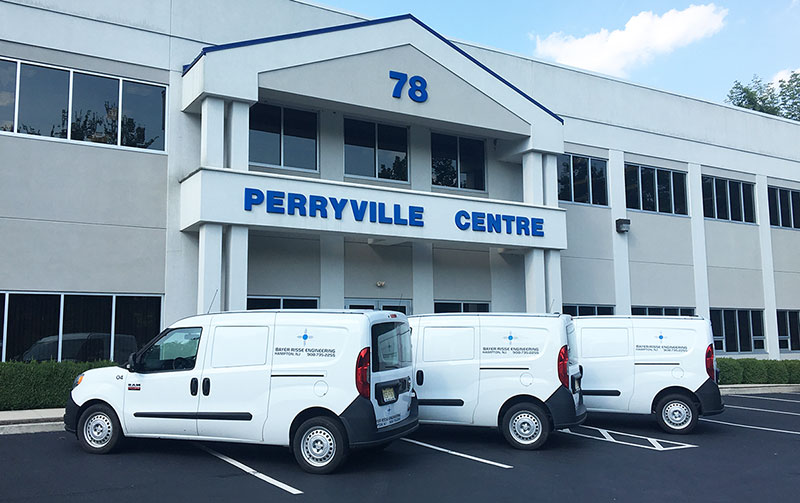Frequently Asked Questions
My septic system has recently been inspected and the report states that a component of my system “Requires Additional Investigation”. What does this mean?
What is an “ Elevated Liquid Level ”?
If an inspector encounters full or partially submerged pipes anywhere in the system he or she will typically make a notation of this fact and discontinue further evaluation of that component of the system. The inspector will then report that component as “Requires Additional Investigation”.
What is a septic system?
What is a sand mound?
(i.e. raised system, turkey mound, Wisconsin mound)
A sand mound is a system in which the disposal field has been elevated above the original ground surface to account for a high water table, shallow bedrock, or other type of site constraint. A mounded system will normally include a pump tank and pump to lift the effluent up to the raised disposal field.
Is a sand mound more prone to failure than an in ground system?
What is a cesspool?
Is my septic system going to affect my well water?
Normally a water well draws water from a deep aquifer that is vertically separated from the ground water into which the septic system discharges. If this is not possible the well can be cased (lined with a solid pipe) to 100 feet to provide the proper separation.
What is a baffle?
How often should I pump my septic tank?
What is gray water?
What is black water?
What should I put in my septic system?
Do I need to add any products (yeast, enzymes, other over the counter additives) to my septic system?
Is it OK to use bleach in my laundry?
Should I use liquid or powdered laundry detergent?
I've never had any problems with my septic system, why should I pump my septic tank?
What rules and regulations govern septic systems?
Other states have similar sets of regulations. Pennsylvania’s program is regulated under Pennsylvania Code, Title 25, Chapters 72 & 73.
Why are septic systems in New Jersey so expensive?
NJAC 7:9A requires that all septic systems be designed by a Licensed Professional Engineer (P.E.). Many municipalities require that the Engineer certify that a system is installed as designed. This requires engineering inspections throughout the construction period. Select fill must be analyzed in a testing laboratory to ensure that it meets the specifications of the design. Further testing is required in the field to verify that the select fill is compacted properly. Health Departments also require that the Engineer prepare a record drawing of the installed system showing ‘as-built’ locations of the system components.
Finally, a septic system is sized based upon the number of bedrooms in the home. Many new homes have 4, 5 or even 6 bedrooms. (The greater the number of bedrooms the larger the disposal field – i.e. more select fill.) The septic system must be large enough to accommodate all of the wastewater that would be generated from the dwelling if it were fully occupied.
Can I build or plant anything on top of my septic system?
As a matter of practicality decks, patios and other structures should not be located over septic tanks or pump tanks. These structures will restrict access to the main lid of the tank making routine pumping difficult or impossible.
The grass above my septic system is a different color than the rest of my lawn. Why is this?
If the grass over the septic system is brown, you most likely do not have enough topsoil to support the lawn’s root system.
Should I pump my septic tank before I put my house up for sale?
If you are concerned about the condition of your septic system it might make sense to have the system inspected by a reputable company before you put the house on the market. Repairs, if necessary, can then be performed in accordance with a permit issued by the Health Department. The recent repairs and the appropriate documentation may then become a selling feature for your property.
I've just been told that my septic system is failing. What do I do now?
Ready to discuss your needs?
Contact us by phone at 908.735.2255, email at info@bayer-risse.com, or use our Contact Form!


